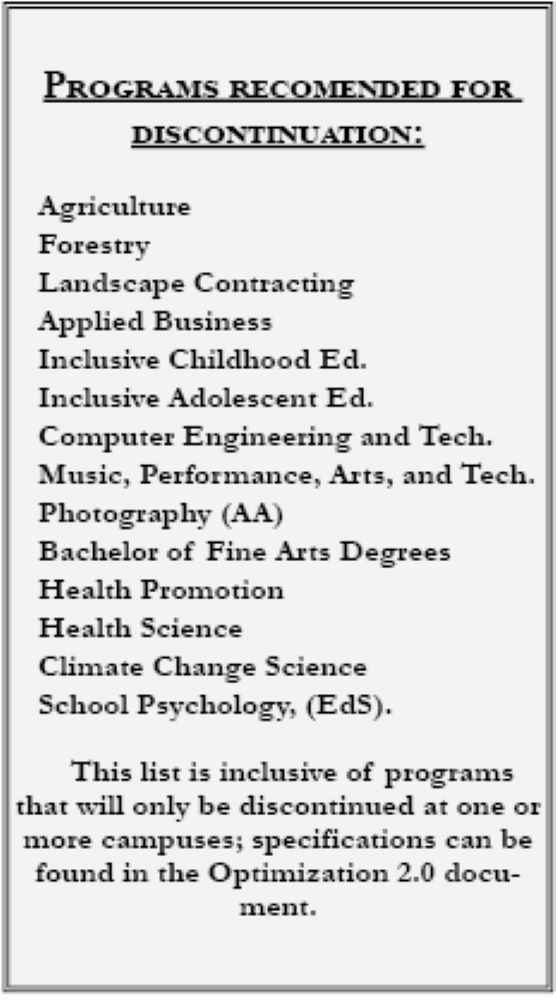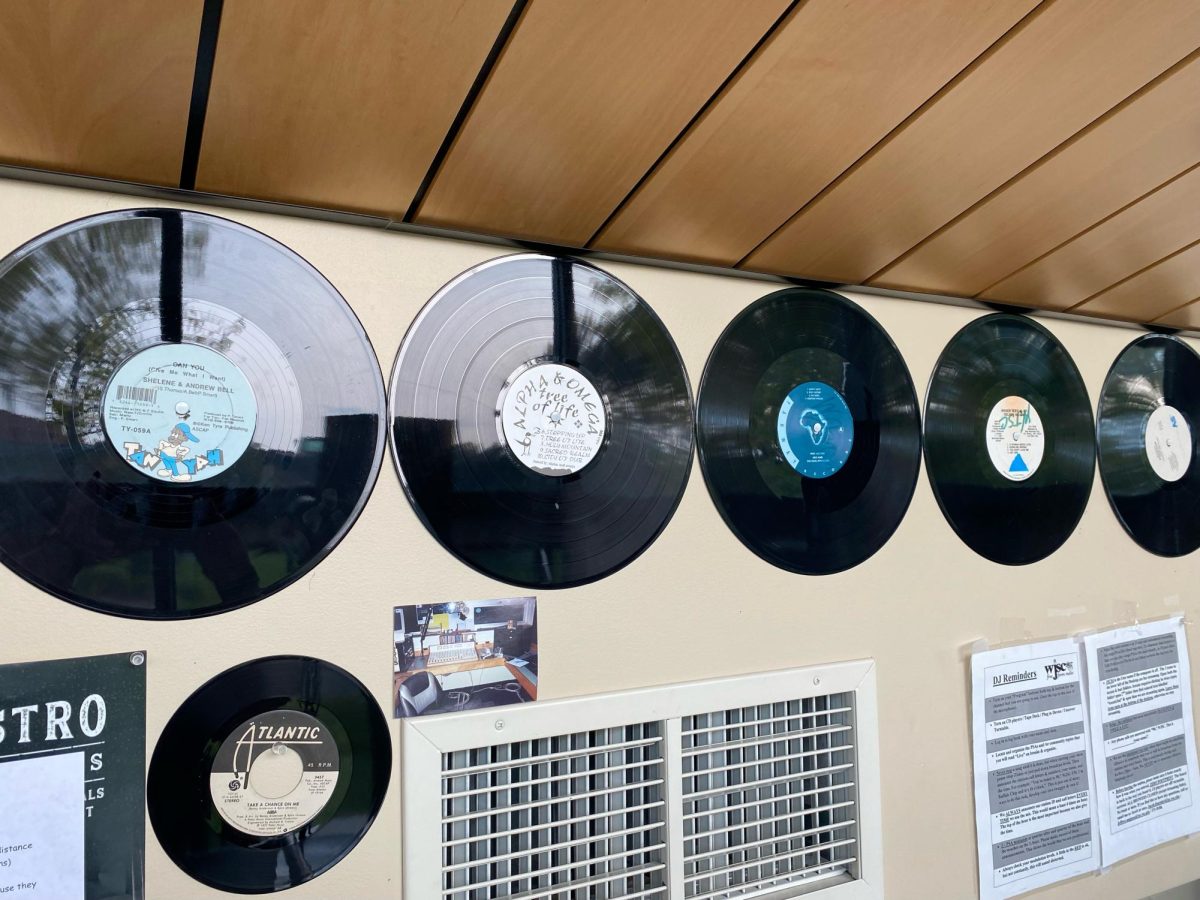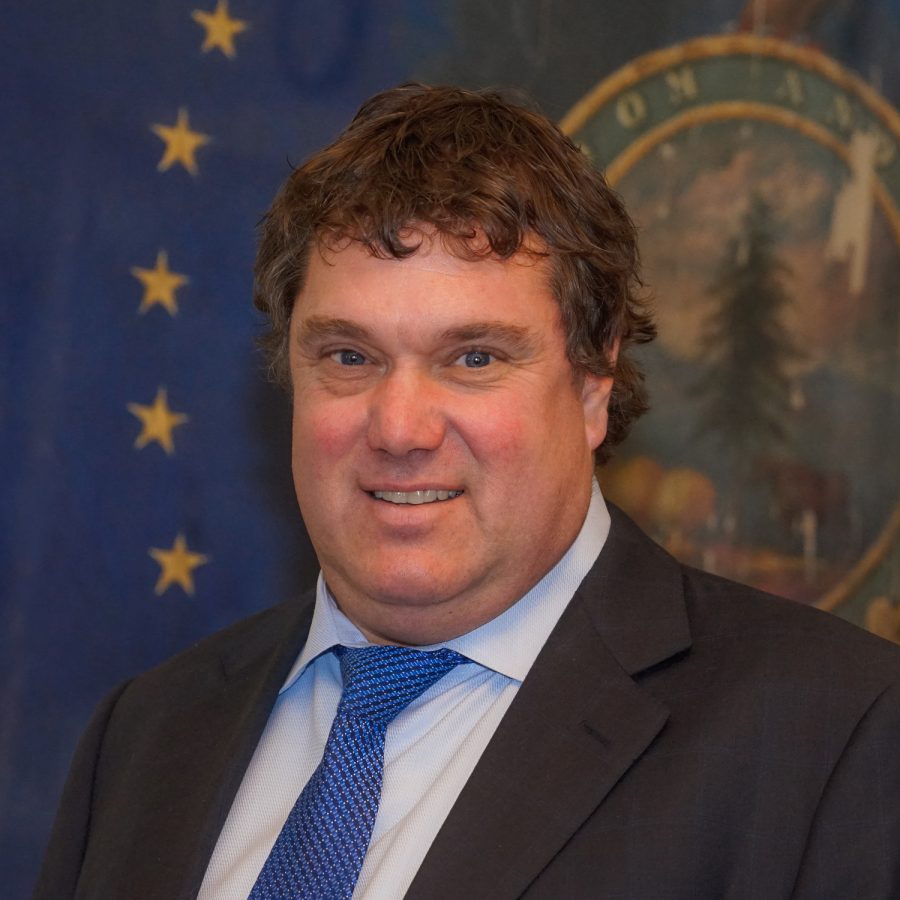On Oct. 2 and 3, students and staff at VTSU received emails on behalf of Interim President Mike Smith, introducing a draft of Smith’s Optimization 2.0 Report. The 32-page draft details the process and findings of a “work-group” of VTSU faculty, staff, and administrators, and outlines proposed changes to the degree programs offered on the VTSU campuses, expressing whether they should continue to be offered and what needs to happen in order to make them sustainable for the university. In the document, Smith says that the changes are “hard but necessary” and cannot be delayed any longer, and that the optimization is a “strategic response to multifaceted challenges facing higher education institutions today.”
Feedback for the draft will be accepted “no later than October 27,” and final decisions will be made by Oct. 31. The document says that the changes will be implemented as soon as next semester, though completion will be a multi-year process.
The document begins with a summary of key information about the optimization. Within it, Smith says that students currently in programs being affected will be grandfathered through, and they should be able to finish their degrees as planned. Ten programs were recommended to be discontinued, thirteen were recommended for consolidation, and eleven for a change of location.
A buyout program for 20-33 full-time faculty members is being finalized, according to the key information section. There are currently 207 full-time faculty members throughout the entire university. The administration anticipates saving $2.1 – $3.35 million over the next two years through faculty buy-outs and, if necessary, layoffs.
The report states a next step is to identify ways to cut administrative costs. Smith said that work has just started and should be finished by the time he leaves his post at the end of October.
In the report, degree programs were grouped into clusters based on five characteristics: similarities in discipline and occupational placement, shared faculty and “operational synergies” (shared labs, courses, and “faculty collaboration”), and marketability in three areas. They were evaluated based on data from the past five years to account for the effects of COVID. The work-group based a financial analysis of each program on enrollment, course registration, financial aid, expenses and revenue, and student invoices.
The workforce demand of Vermont was also a factor in the decision-making. Once evaluated, each program was given a proposed action: Discontinuation, relocation, consolidation, or major or minor modification. It is important to keep in mind when reading the document that some modifications include discontinuing a degree program at select campuses.
Johnson will be marketed mostly to non-traditional students, as per its proposed “campus distinction.” In line with said “distinction,” Interdisciplinary Studies students will be guided to the campus. Sports Management will continue to be offered and Lyndon and Johnson as “in-person plus,” though the degree will be “anchored” at Castleton. The same is true for the Business degree program. Holistic Health (previously called Wellness and Alternative Medicine) will only be offered at Johnson. The Nursing program is set to expand to Johnson as well as Williston.
This Optimization report is still in the draft process, so students have time to send suggestions and feedback to [email protected].








